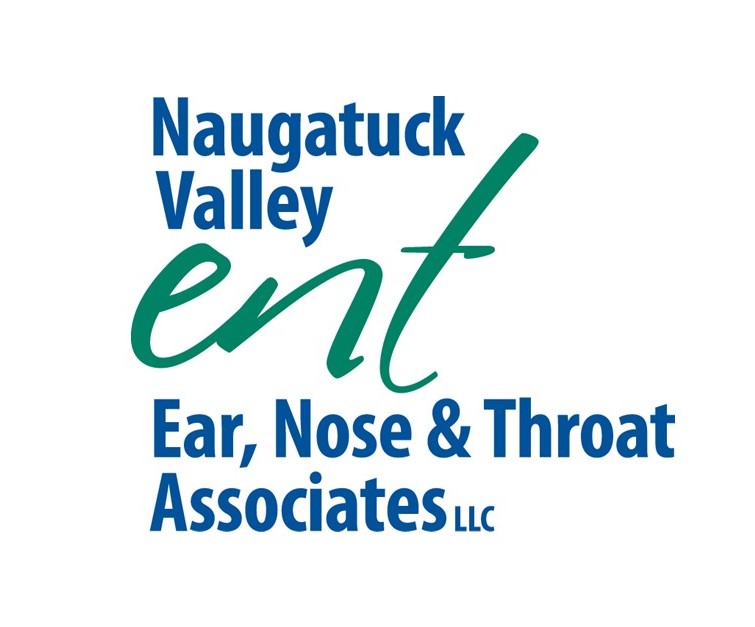Navigating Treatments for Sensorineural Hearing Loss in Prospect, CT
What is Sensorineural Hearing Loss?
Sensorineural Hearing Loss (SNHL) occurs when the tiny hair cells in the cochlea or the auditory nerve are damaged. These hair cells are crucial for converting sound waves into neural signals, which are then transmitted to the brain. When these cells or the auditory nerve are compromised, the sound energy that reaches the cochlea cannot be effectively converted, leading to hearing loss.
Causes of SNHL
In Children:
- Genetic Variations: Inherited conditions can lead to inner ear abnormalities.
- Jaundice: Severe jaundice in newborns can damage the inner ear.
- Viral Infections: Infections contracted by the mother during pregnancy can affect the baby’s inner ear development.
In Adults:
- Aging: Presbycusis, or age-related hearing loss, is the most common cause.
- Exposure to Loud Noises: Prolonged exposure to loud environments or sudden acoustic trauma from explosions or gunfire can damage the inner ear.
- Head Trauma: Injuries to the head can affect the inner ear structures.
- Autoimmune Inner Ear Disease: The body’s immune system mistakenly attacks the inner ear.
- Ménière’s Disease: Characterized by fluctuating hearing loss, dizziness, and tinnitus (ringing in the ear).
- Central Nervous Disease: Conditions like multiple sclerosis can damage the auditory nerve.
- Cochlear Otosclerosis: Abnormal bone growth in the inner ear.
- Vestibular Schwannoma: A benign tumor on the balance nerve that compresses the hearing nerve.
Symptoms of SNHL
Symptoms of SNHL vary but commonly include:
- Muffled hearing
- Difficulty understanding speech
- Sudden or gradual loss of hearing
- A feeling of fullness or stuffiness in the ear
- Ringing in the ear (tinnitus)
- Dizziness
Treatment Options for SNHL
If you experience symptoms of hearing loss, it’s crucial to consult an ENT (ear, nose, and throat) specialist or otolaryngologist for a proper diagnosis. The treatment for SNHL depends on its cause and severity, often determined through a hearing test (audiogram) conducted by an audiologist. Treatment options include:
Hearing Aids
- Suitable for cases where the inner ear is damaged but the auditory nerve is intact.
Cochlear Implants
- Bypass the damaged parts of the inner ear and directly stimulate the auditory nerve.
Medical Therapy
- Corticosteroids to reduce inflammation and swelling in the cochlea.
- Diuretics for managing Ménière’s disease.
- A low-sodium diet to reduce fluid retention in the inner ear.
Surgical Procedures
- Surgery to correct structural issues causing the hearing loss.
- Implantation of hearing devices.
Hearing Loss Management
- Removing earwax blockage.
- Use of assistive listening devices.
- Preferential seating in classrooms for children with hearing loss.
Important Questions to Ask Your Doctor
When discussing sensorineural hearing loss (SNHL) with your doctor, consider asking the following questions. These questions can help you gain a comprehensive understanding of your condition and make informed decisions about your care and treatment.
Diagnosis and Causes
- What tests will you use to diagnose my hearing loss?
- What is the likely cause of my sensorineural hearing loss?
- How will this condition affect my daily activities and work?
- What lifestyle changes or strategies can help me manage my hearing loss?
- Is my hearing loss likely to worsen over time?
Treatment Options
- What are my treatment options?
- Are hearing aids or cochlear implants recommended for my condition?
- What are the benefits and risks of these treatments?
- How often should I have my hearing tested?
- What can I do to prevent further hearing loss?
Seeking Help & Treatment
The prognosis for sensorineural hearing loss (SNHL) is generally permanent, as it involves damage to inner ear hair cells or the auditory nerve, which do not regenerate. While SNHL itself cannot usually be cured, its effects can often be managed effectively with hearing aids or cochlear implants. Early diagnosis and intervention are crucial, especially for children, to improve language and social development. The progression of SNHL varies, but timely use of assistive devices and ongoing support can significantly enhance quality of life for individuals with this condition.
If you are dealing with SNHL or any hearing loss, our audiologists are here to assist you. We can recommend the best treatment based on the underlying cause and severity of the hearing loss. Contact us today at (203) 578-4630 to schedule a hearing loss appointment and explore the best solutions for your hearing needs..
Read our Latest Blog Posts

Tongue-Tie Explained | Understanding Ankyloglossia in Beacon Falls, CT

Ear Cleaning | The Safe Way to Care for Your Ears in Woodbury, CT

Rhinitis | More than Just the Sniffles in Derby, CT

Travel Tips for Healthy Ears, Nose, and Throat | What Every Traveler Should Know in Plymouth, CT
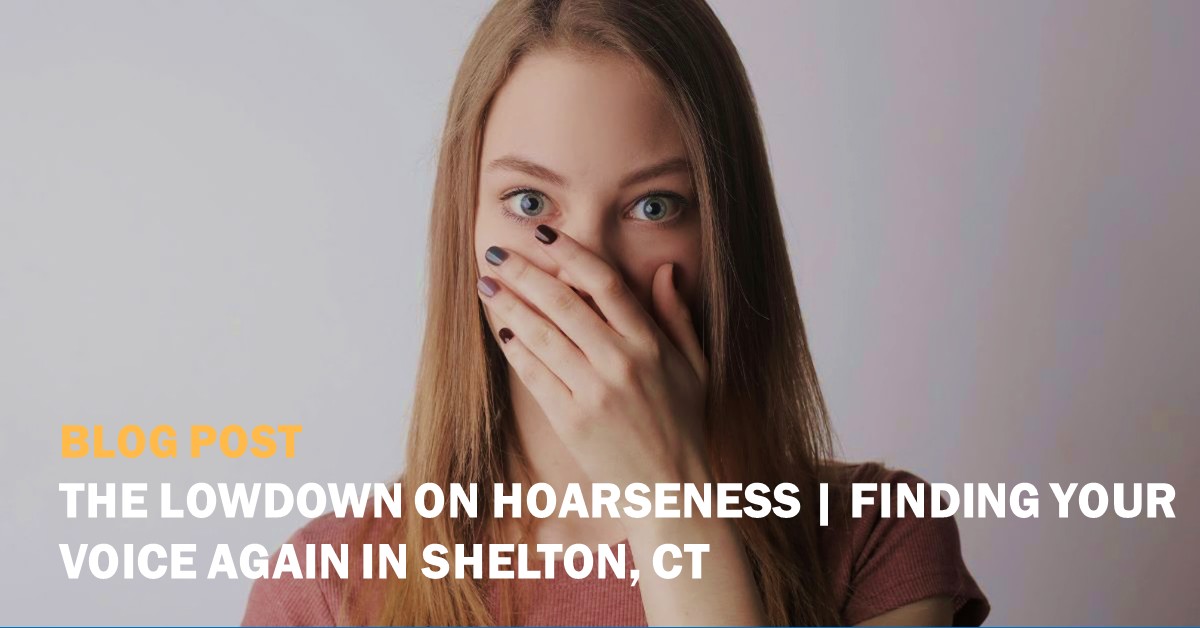
The Lowdown on Hoarseness | Finding Your Voice Again In Shelton, CT
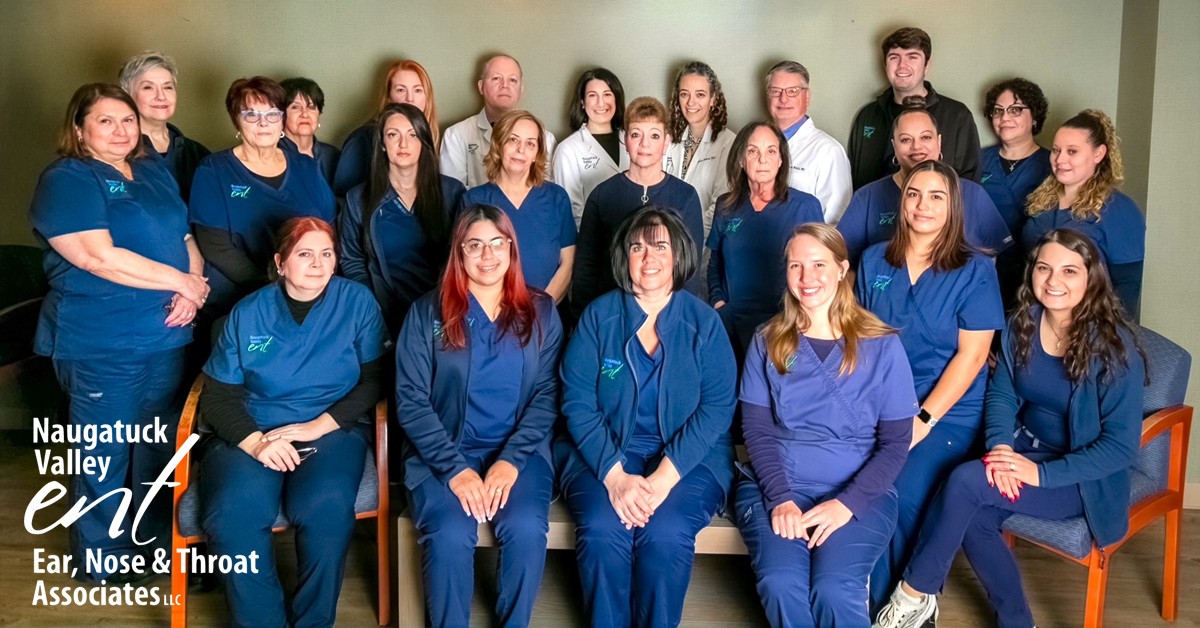
A Season of Gratitude | A Holiday Message from Naugatuck Valley ENT
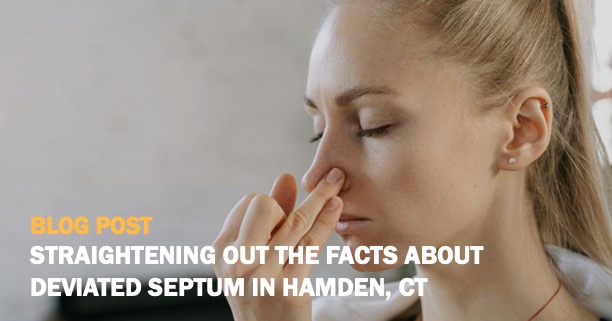
Straightening Out the Facts About Deviated Septum in Hamden, CT

The Important Role Hydration Plays in Your ENT Health in New Britain, CT

What Your Voice Says About Your Health in Watertown, CT

Breathe Easier Again | Understanding Turbinate Hypertrophy in Prospect, CT

Say Goodbye to Seasonal Allergies and Hello to the Great Outdoors in Bristol, CT

Tonsils & Adenoids | When These Tiny Defenders Become a Big Problem in Wolcott, CT

Easing Doctor Visit Anxiety in Kids in Thomaston, CT

Understanding Sinusitis | When a Cold Doesn’t Go Away in Ansonia, CT

Ear Candling | Wellness Trend or Wax Trap in Middlebury, CT

Hyposmia and Anosmia Explained | What Happens When You Can’t Smell in Southbury, CT

More Than Just a Nuisance | What Snoring is Really Telling You in Seymour, CT

When Swallowing Gets Tough | Aging and Dysphagia in Wallingford, CT

Noise Damage: The Hidden Dangers of Everyday Noises in Oxford, CT

When a Sore Throat Isn’t Just a Sore Throat: Causes, Symptoms & When to Seek Help in Cheshire, CT

Sense of Smell | The Science of Smell and How Your Nose Shapes Your World in Waterbury, CT

Sialadenitis: What You Need to Know About This Painful Salivary Gland Condition in Bristol, CT
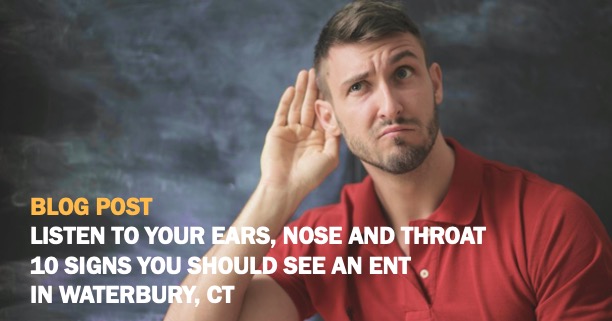
Listen to Your Ears, Nose and Throat | 10 Signs You Should See an ENT in Waterbury, CT

Drip, Drip, Hooray? Not Quite. What to Know About Post-Nasal Drip in Beacon Falls, CT

Understanding Nosebleeds: Causes, Care, and Prevention in Thomaston, CT

How to Recognize and Treat Dehydration in Winter in Derby, CT
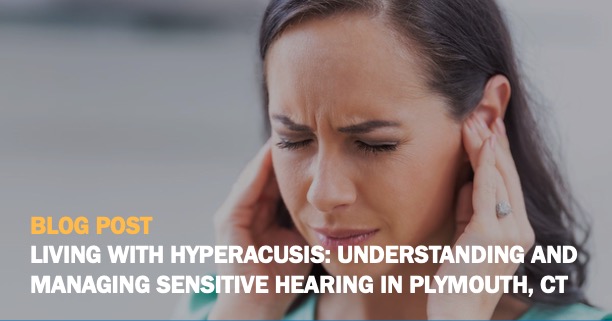
Living with Hyperacusis: Understanding and Managing Sensitive Hearing in Plymouth, CT

How to Protect Your Voice During Cold and Flu Season in Wolcott, CT

Understanding GERD and LPR: Key Differences, Symptoms, and Solutions for Lasting Relief in Wolcott, CT
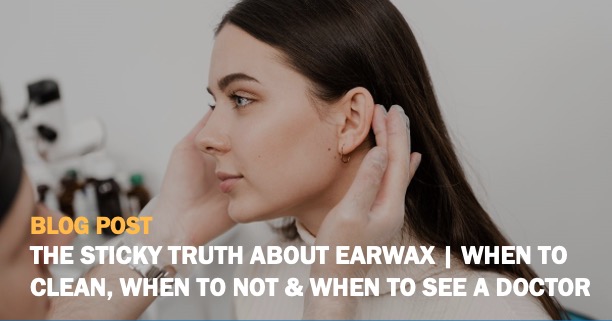
The Sticky Truth About Earwax in Ansonia, CT | When to Clean, When to Leave It Alone, and When to See a Doctor

Protecting Your Ears at Altitude from Barotrauma: Tips for Air Travel and Diving in Middlebury, CT

Preventing Cognitive Decline: How Hearing Aids May Help Older Adults

Understanding Dysgeusia | When Taste Goes Awry in Seymour, CT

Behind the Eardrum: Navigating Cholesteatoma in Southbury, CT
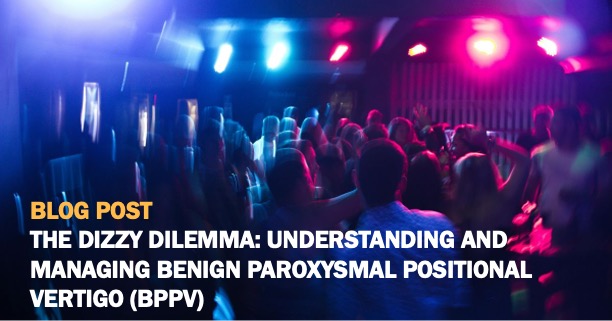
The Dizzy Dilemma: Understanding and Managing Benign Paroxysmal Positional Vertigo (BPPV) in Oxford, CT

The Ringing Truth: Exploring Tinnitus in Shelton, CT
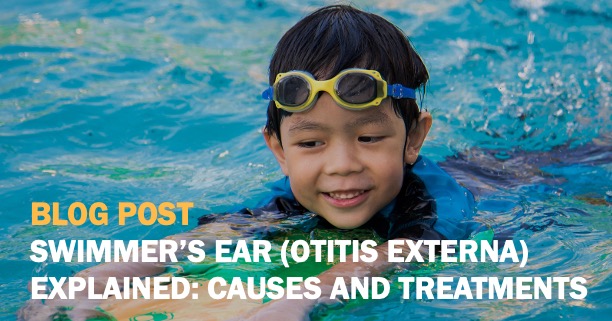
Swimmer’s Ear (Otitis Externa) Explained: Causes and Treatments in Ansonia, CT
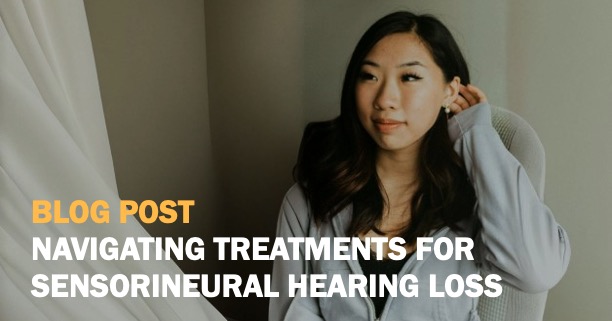
Navigating Treatments for Sensorineural Hearing Loss in Prospect, CT

Understanding Sinusitis: Causes, Symptoms, and Treatment Options in Hamden, CT

Sinus Headaches Unraveled: A Comprehensive Guide to Relief in Cheshire, CT

Ménière’s Disease Roadmap – Navigating Diagnosis and Management in Watertown, CT

Fungal Sinusitis: Understanding and Addressing Fungal Sinusitis in Woodbury, CT
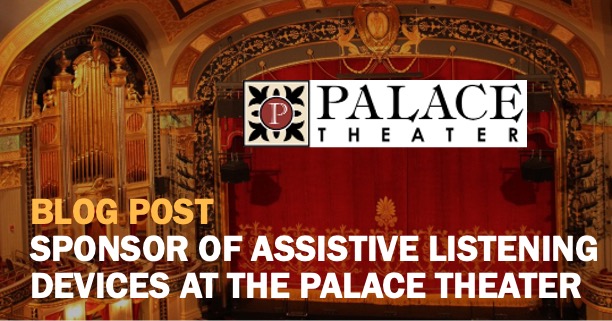
We Are Proud To Sponsor Assistive Listening Devices At The Palace Theater
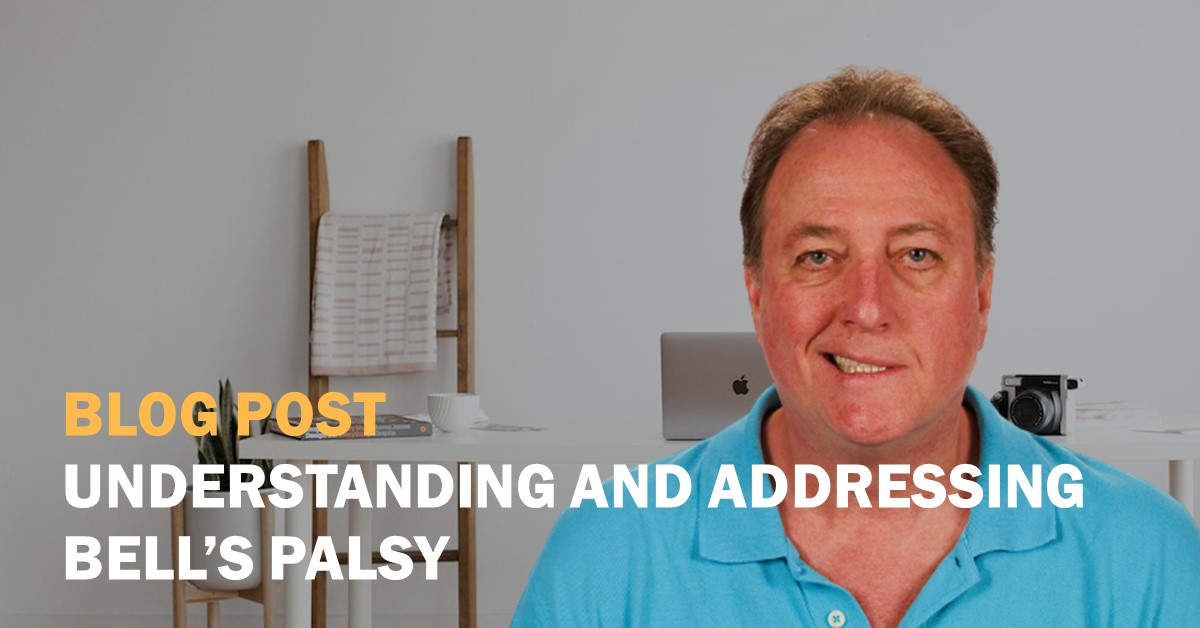
Understanding and Addressing Bell’s Palsy in Cheshire, CT

Snoring & Sleep Apnea Relief in New Britain, CT
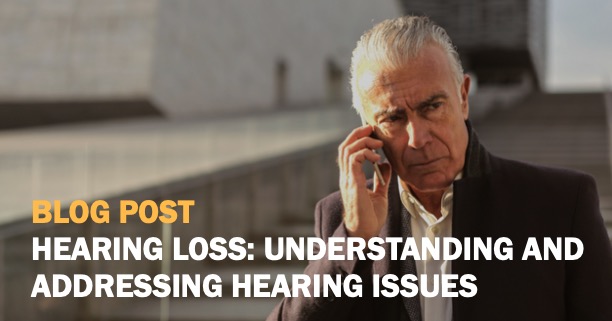
Hearing Loss: Understanding and Addressing Hearing Issues in Bristol, CT

Finding Balance: Understanding and Addressing Balance Issues in Waterbury, CT

Allergy Services for Allergy Sufferers in the Waterbury, CT Area

Naugatuck Valley Ear, Nose & Throat Associates Welcomes Renowned Allergy, Asthma, and Immunology Expert Dr. Christopher Randolph To The Team
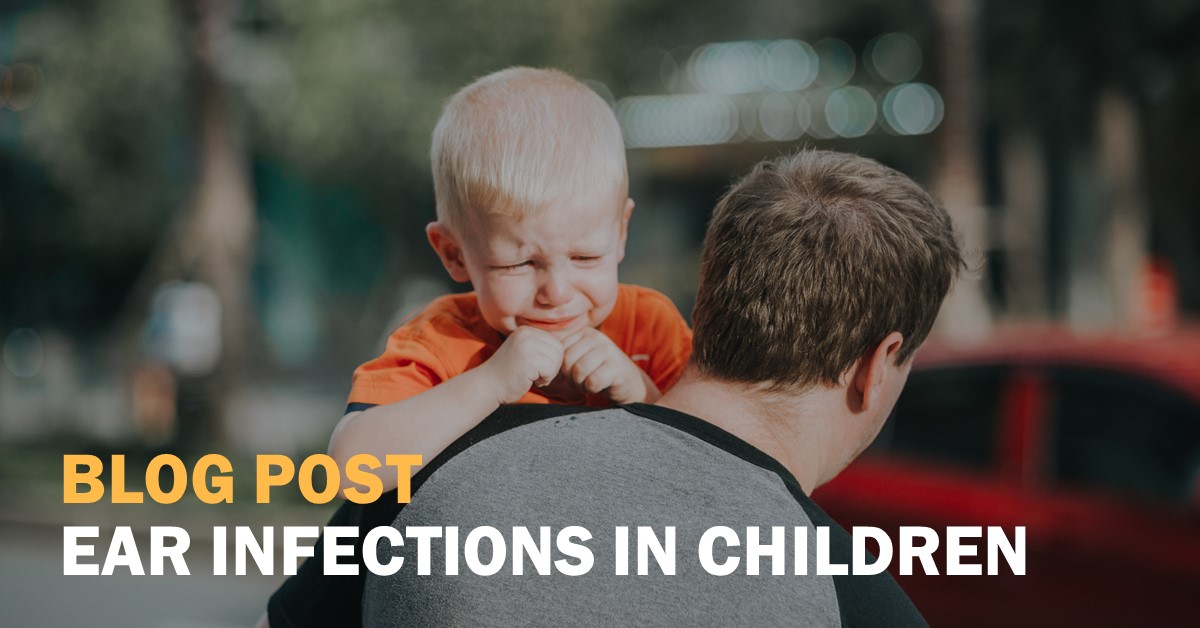
Ear Infections in Children
Our Services for Hearing Loss
An estimated 48 million Americans have some amount of hearing loss. In children, hearing problems can affect the ability to develop spoken language. In adults, hearing loss can create problems with social interaction and work productivity. Only 1 in 5 people who would benefit from a hearing aid actually uses one.
Naugatuck Valley ENT offers a full audiology team comprised of licensed, certified, and experienced audiologists and a certified OTO-tech/balance specialist. Please contact Naugatuck Valley ENT at (203) 578-4630 to set up a hearing loss appointment.
